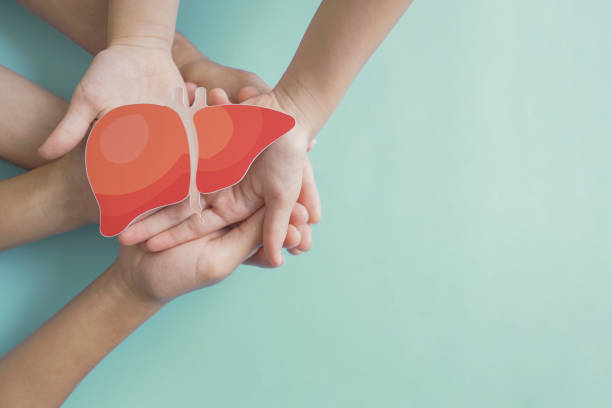03 Feb 2026
Rhinoplasty Revision Surgery in Mohali: Cost When Your First Nose Job Fails


Dr. Raka Kaushal
22 Jun 2025
Call +91 80788 80788 to request an appointment.
Kidney transplants are life-saving procedures, offering hope to patients suffering from end-stage kidney failure. In India, and particularly in Punjab, the dilemma of choosing between a living donor and deceased donor transplant is a critical decision many must face. Understanding these options can significantly impact both the success of the transplant and the overall health outcomes for patients.
At Livasa Hospitals in Mohali, we emphasize patient education about renal transplant options, whether seeking a kidney donor from living relatives or through deceased donation programs. This blog will delve into the intricacies of living versus deceased donor transplants, guiding you through each option's advantages, potential challenges, and the vital decision-making aspects involved.
Kidney failure occurs when your kidneys lose their ability to filter waste and excess fluids from your blood, leading to severe health complications. The major causes of kidney failure include chronic conditions such as diabetes and hypertension, which are unfortunately prevalent in Punjab. In addition, genetic predisposition and environmental factors also play a role.
Symptoms of kidney failure can range from fatigue, swelling, and changes in urine output to more severe manifestations like high blood pressure and cardiovascular issues. When conservative treatment options fail, a kidney transplant may become necessary.
A living donor transplant involves a kidney being donated by a living individual, often a family member or close friend. This type of transplantation has several advantages:
While living donor transplants can be beneficial, specific crucial considerations need to be made:
A deceased donor transplant involves receiving a kidney from an individual who has recently passed away and whose organs are suitable for transplantation. This type of transplant is critical to increasing the donor pool and has unique advantages:
While deceased donor transplants have considerable benefits, they also bring unique challenges:
| Criteria | Living Donor Transplant | Deceased Donor Transplant |
|---|---|---|
| Waiting Time | Shorter | Longer |
| Surgery Timing | Scheduled at convenience | Dependent on donor availability |
| Success Rate | Generally higher | Varies by compatibility |
| Health Risks for Donor | Yes | No |
At Livasa Hospitals in Mohali, we have a dedicated team of nephrologists, transplant surgeons, and specialized nursing staff who ensure every aspect of the kidney transplant process is handled with the utmost care and expertise. Our facilities include advanced technology for pre-transplant assessment, live donor evaluation, and post-transplant follow-up, ensuring our patients receive comprehensive support throughout their journey.
We also provide counseling for potential donors and recipients, helping them navigate the emotional and medical complexities associated with kidney transplantation. From assessing eligibility for donors to providing pre- and post-operative care, our team is committed to supporting families and patients every step of the way.
The decision to undergo a kidney transplant is profoundly significant, and choosing the right donor type is an integral part of that journey. We encourage individuals and families to engage in meaningful discussions and make informed choices about living and deceased donation.
Livasa Hospitals in Mohali is here to assist you with comprehensive consultations. It is essential to evaluate both options' medical, emotional, and ethical aspects, ensuring that each decision is made with thorough understanding and care.
If you or a loved one is facing kidney issues or considering a transplant, do not hesitate to reach out. Book an appointment at Livasa Hospitals in Mohali or call us at +91 80788 80788 for guidance from our specialists. Together, we can navigate your kidney transplant journey towards a healthier future.
Rhinoplasty Revision Surgery in Mohali: Cost When Your First Nose Job Fails
Plastic Surgery After Massive Weight Loss: Body Contouring Packages in Mohali
ENT + Cosmetic in Mohali: Septoplasty for Breathing with Cosmetic Rhinoplasty Offers
Livasa Healthcare Group Corporate Office,Phase-8, Industrial Area, Sector 73, Sahibzada Ajit Singh Nagar, Punjab 160071
| Mohali | +91-99888 23456 |
| Amritsar | +91-99887 49494 |
| Hoshiarpur | +91-99883 35353 |
| Nawanshahr | +91-75081 82337 |
| Khanna | +91-98888 05394 |